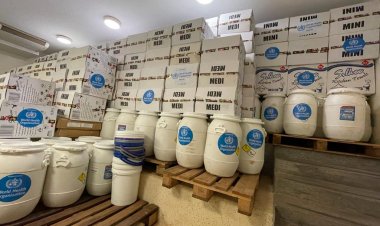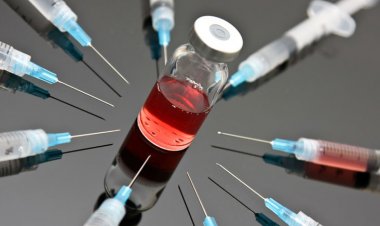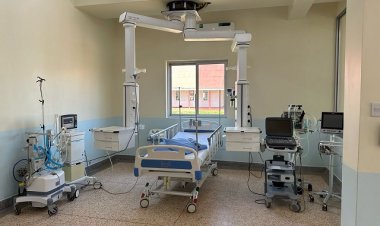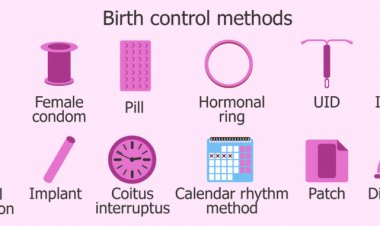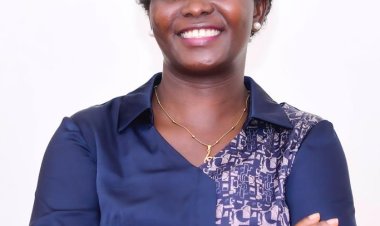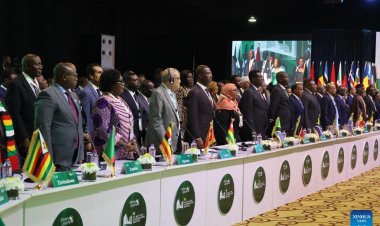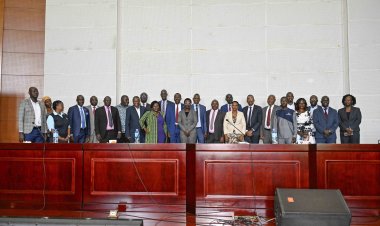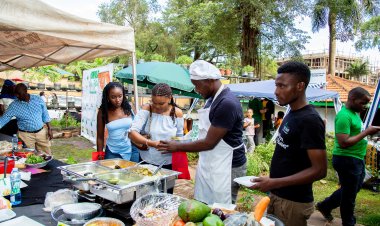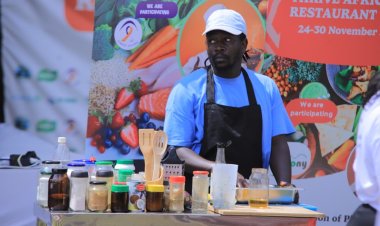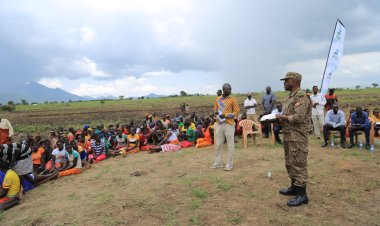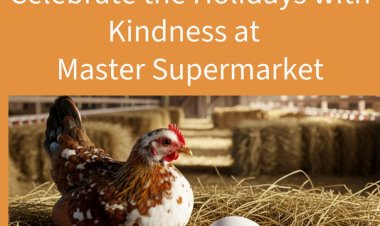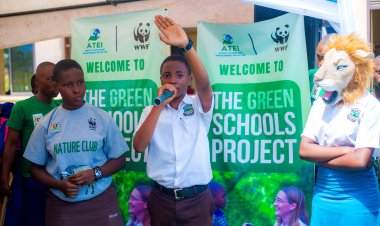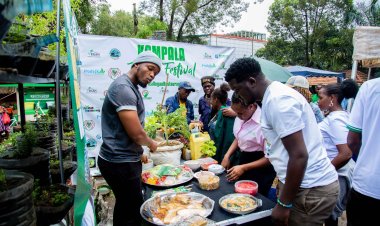Stop exporting cancer-causing products to Africa - Tayebwa to European Union
Tayebwa leads calls for European Union to stop exporting cancer-causing products to Africa at Brussels Conference

The Deputy Speaker of the Ugandan Parliament Thomas Tayebwa has rallied developing countries to jointly reject what he described as unfair trade and deceitful practices orchestrated by the European Union against others countries.
Speaking at the Organization of African, Caribbean, and Pacific (ACP) parliamentary conference happening in the Belgian capital, Brussels, which is the headquarters of the European Union and NATO, Tayebwa condemned the practice by EU Member States of exporting EU-banned pesticides and products to developing countries and asked OACP member states to strongly speak as a team against this double-standard arrangement citing the “vulnerability we all have”.
Tayebwa who led the Ugandan delegation to Brussels said that developing countries don’t have the capacity to take on the EU independently, noting that “speaking against this with one voice gives us an advantage”.
“We aren’t able to take on this giant (European Union) independently. Even the EU didn’t do it alone, they came as a group and we should also act as a group and reject this unfairness,” he said.
“We are telling the EU to be transparent, we are all human beings. The pesticides that can cause cancer to a European, can cause cancer to a Caribbean. Why are you allowing dangerous products to be manufactured in your union and be exported to other countries? Stop it,” Tayebwa said,
He added that some of these poisonous products such as milk are sent by the European Union to poor countries in form of donations to poor children and refugees.
“If you send them to a refugee, someone who has nothing to eat or drink, how will you tell them about sovereignty?” the Ugandan deputy speaker said, noting that some of these products come through the UN system and that they are cleared directly to beneficiaries.
Tayebwa said most countries where EU-made poisonous products and exported have no safety bodies to carry out their own tests.
“Pesticides and products that are no longer allowed for use in countries where they are manufactured in the European Union due to their potentially harmful human health and environmental impacts are being pushed to our countries,” Tayebwa said. “It’s unfair for anyone to allow a cancer-causing product to be manufactured as long as it’s for export to other countries.”
He said the OACP would pass a regulation tasking the European Parliament to revise its own mechanisms on the matter.
The practice by manufacturers of continuing to export chemicals from the EU after they have been banned domestically is not new, but the key players have always been obscured by a veil of commercial confidentiality.
One of the few restrictions placed on these exporters is the Rotterdam Convention on international trade in hazardous pesticides and chemicals. This UN convention requires countries to share information about the dangers of their banned chemical exports with the importing countries.
The idea is to give poor countries that do not have the resources to do their own research the opportunity to make an informed decision on whether to accept the exports.
Under EU rules, any company that wants to export banned chemicals needs to produce an “export notification” detailing the reasons the product is banned, its intended uses, and the amount the company intends to ship. National and EU regulators check these documents and issue them to authorities in the destination countries.
Gladys Boss Shollei, the Deputy Speaker of the National Assembly of Kenya said trade agreement is about good faith and ensuring that it’s fair to everyone.
“Our argument is that, if the European Union and the UK are allowing cancer-causing pesticides to be manufactured in their own countries, exclusively to be exported to African countries, that’s not an act of good faith,” Ms. Shollei.
We are asking that they should stop the manufacture of those harmful chemicals that are being sent to Kenya and other parts of Africa to kill our people,” she added.
She said the EU has a trade agreement that protects its people from harmful pesticides but “has laws that allow the banned chemicals to come into Africa.”
Cecilia Barbara Atim Ogwal, the Woman MP for Dokolo District accused the EU of double standards.
“Their law says you can continue making dangerous chemicals as long as you don’t sell them in Europe. You can make the chemicals also purposely for export. We feel this is bad and an indirect way of eliminating Africa,” she said.
She says the European Union should make a commitment they stop exporting hazardous substances to developing countries.
Escipion Joaquin Oliveira Gomez, the Assistant Secretary General of the OACP said the conference seeks to ensure that the new laws and regulations that are drafted by the European Union should conform to acceptable standards including protecting the environment in other parts of the world.
Mr. Soobeersingh Dhunoo, the Deputy Chief Whip in Mauritius said most countries in the Global South don’t have mechanisms to test products that are entering their markets.
“People are dying in Mauritius because of these products,” he said, adding that “we raised these issues to them in Maputo when we had our joint parliamentary assembly and we had the support of some European parliamentarians who equally agreed that something banned in Europe is also not good for Africa. We are all humans”.
"As sovereign nations, we must come together and face the European Union and others with one voice in the fight against proliferation of hazardous and toxic products coming into our countries.
EU didn't do it alone, they had to come as a formidable group, we must also unite and say, if there are specific countries which are allowing dangerous milk, poisonous pesticides etc, we should stand firm as sovereign nations and reject that.
Some of this milk comes in form of donations to poor countries, poor children and refugees. It comes from the EU particularly what they can't consume. If you send dangerous milk to a refugee who has nothing to eat, how do you tell them about sovereignty?
We must make a resolution as ACP, telling the EU to be transparent. Our countries are not dumping grounds for hazardous products. We are all human beings. We all have red blood, you don't have blue blood. The milk that can kill a European can also kill an African. A poisonous pesticide that can cause cancer to a European can also cause the same cancer to an African or a Carribean.








